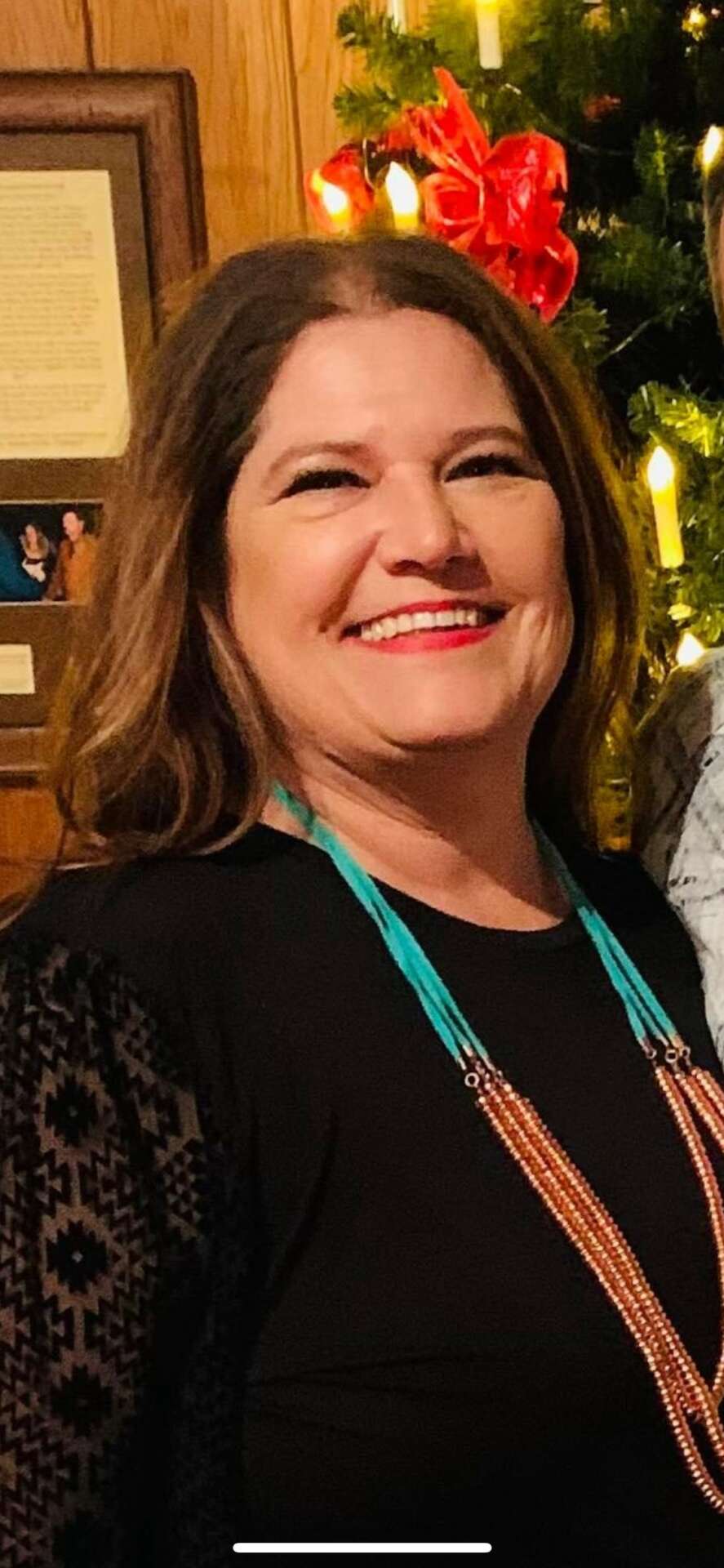We recently connected with Susan Abshier and have shared our conversation below.
Susan, looking forward to hearing all of your stories today. Let’s start with something countless entrepreneurs have had to figure out on the fly – how have you dealt with the rise of remote work?
From the beginning of Abshier Energy, we have been 100% remote based since all of our business is field service based. I order products on a “per job” basis and keep about 10 percent overhead on my work trucks, that way we don’t have a lot of money tied up in products just “sitting” and not making money off them. Not having the overhead of an office, or building, along with the expenses tied to that, has helped us be able to keep our prices lower than our competition. Because we do not have the same overhead expenses that they do, we are able to offer lower prices for the same services. We carry the same general liability insurance, same workers comp insurance, etc, but not being strapped with the expenses of the “brick and mortar” has benefited us and saved us an untold amount of money from the get go. Being in the energy business, it was very unconventional because the “norm” was for a company to have an office. But what I noticed after just a few months was not a single customer asked “what’s your office address so I can stop by and see you?” And to date, we’ve never had a customer ask that. They need an address for legal documents and such, but they will never come to our office to see us since what we provide is field services. We provide services at their locations, so there has never been a need for them to come to us, only us to go to see them. When the Covid pandemic hit, I saw a lot of businesses struggle with moving to remote work and trying to find the right balance and even how to make it work. I spent many hours on the phone with friends and fellow business owners explaining how I had been doing it for years without any struggles.
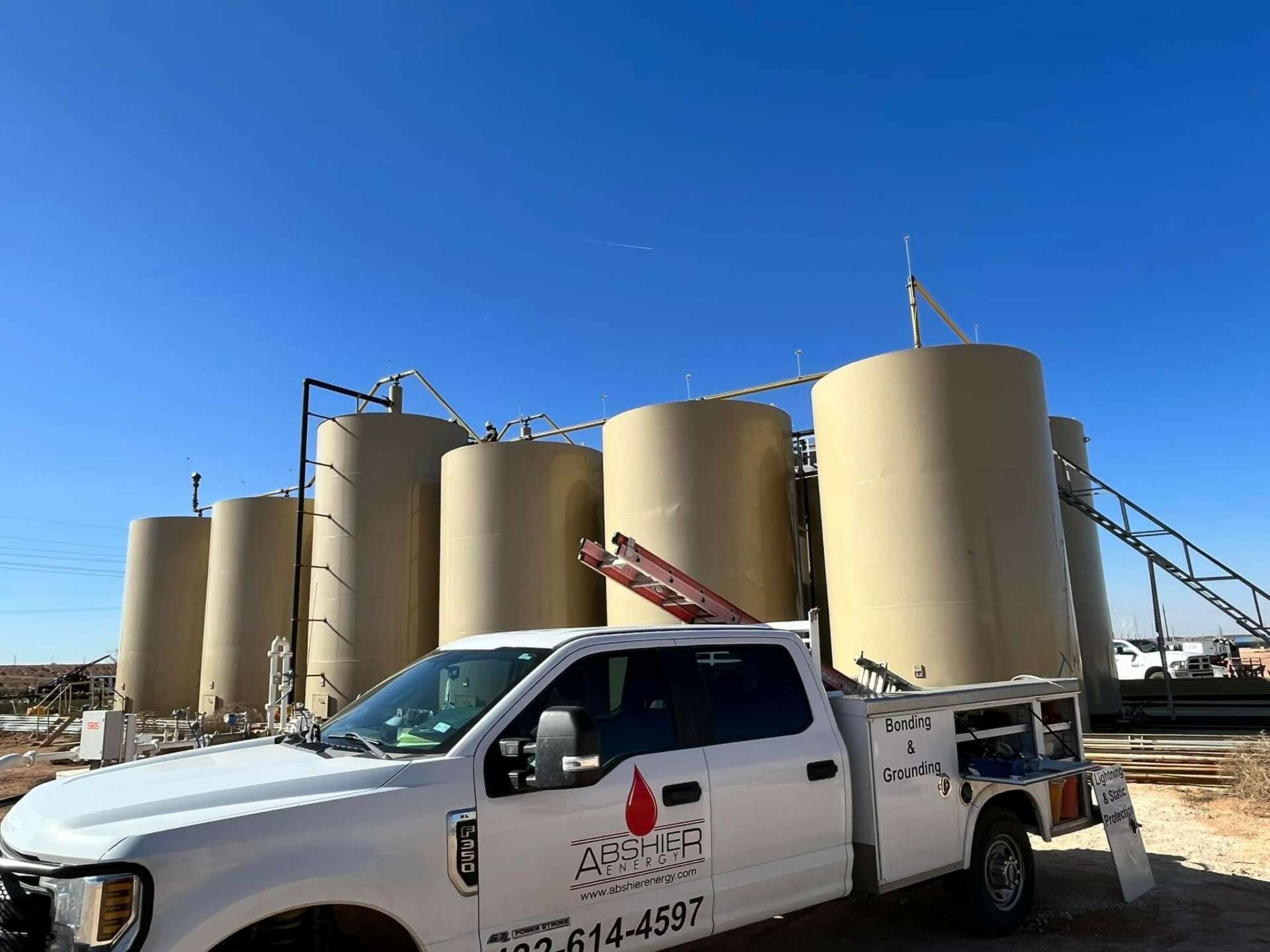
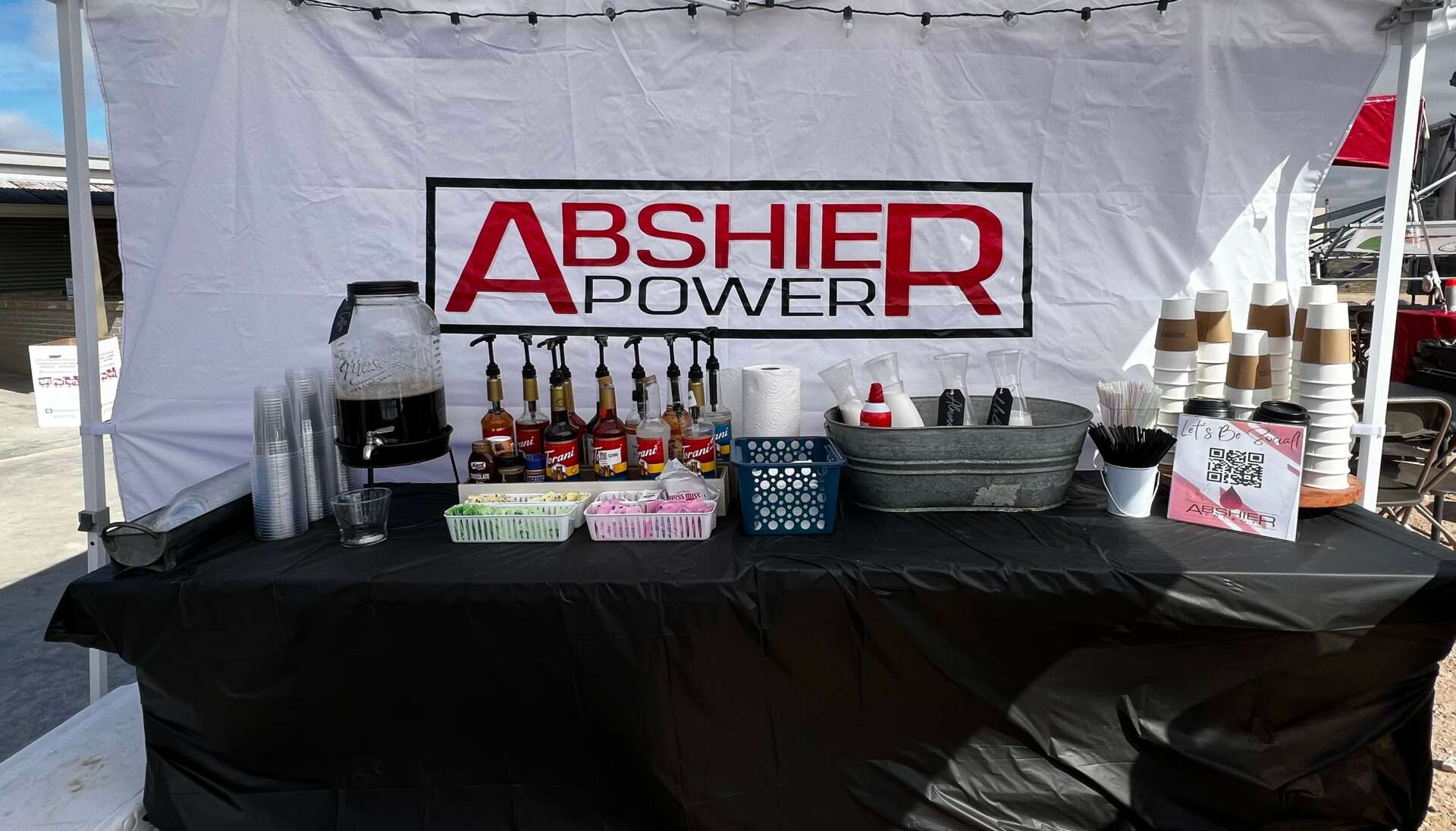
As always, we appreciate you sharing your insights and we’ve got a few more questions for you, but before we get to all of that can you take a minute to introduce yourself and give our readers some of your back background and context?
I grew up in the oilfields of West Texas with all of my family working in them. When I decided I wanted to go to college, I got my bachelor’s degree in political science and the school I went to offered an Energy Management certificate so I added that onto my degree. Being that I’d grown up in the industry, of course it piqued my interest. I then decided to get a Master’s degree in Public Administration with my emphasis being in Energy Policy Analysis. From there I was stuck. What did I want to do? Did I want to go on and get a PhD? Did I want to go into the public domain and work? I just didn’t know, so I took a job working for a safety company. I kept having customers talk to me about losing their tanks from lightning strikes. So I poured my research knowledge and skills into finding as much information as I could about what was out there for lightning and static protection, bonding and grounding for oil and gas equipment. In the beginning I teamed up with another company that was offering the same services and basically just sold their services for them until I became more knowledgeable about the products and solutions. Then I decided to take a leap of faith and took a loan out from a bank using my car as collateral and started my company. I was able to get my first customer, and worked night and day to make it work. After a few years we decided to add power maintenance as a service because there is a lack of affordable substation maintenance companies out there available to help cities, municipalities and cooperatives with their maintenance needs. We offer testing services and DC battery maintenance programs, NERC commissioning, startup and reporting, among other services.
The main goal is to educate all of our customers about how important maintenance is and offer a solution to their problems. We want to help them prevent the emergency calls and have a plan in place before it ever gets to that point.
I think our diversity is one of our biggest strengths. Although we are a very small company, only 5 employees, Abshier Energy/Power employs 4 Native Americans, 2 of which are women and 1 disabled veteran. I did not set out for my company to be this diverse, but as I have moved over the past 9 years in business, I have found that the more I look at the individuals I hire, they each have unique qualities that they bring to the table that build the company up and make the whole company work in a cohesive manner.
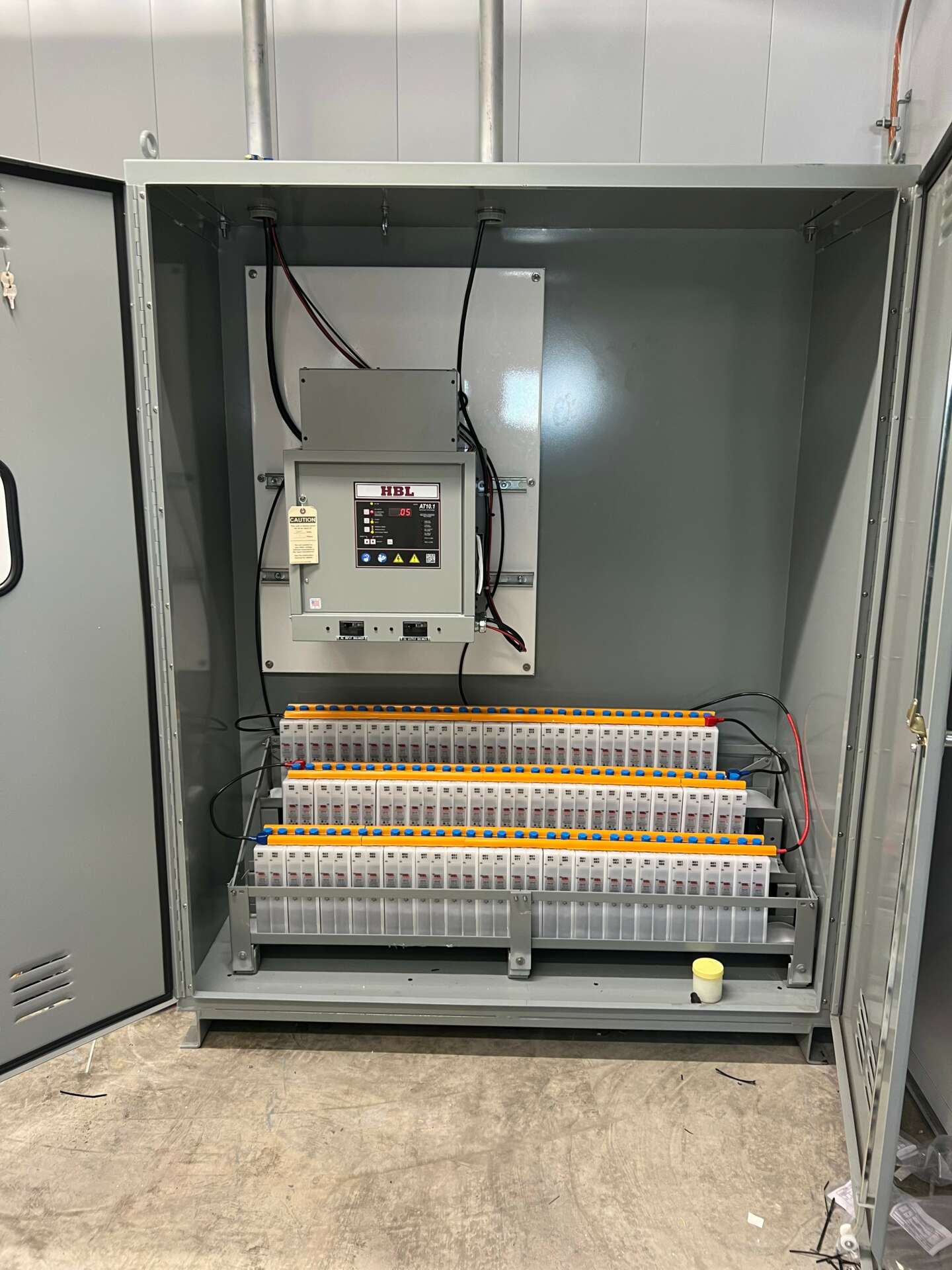
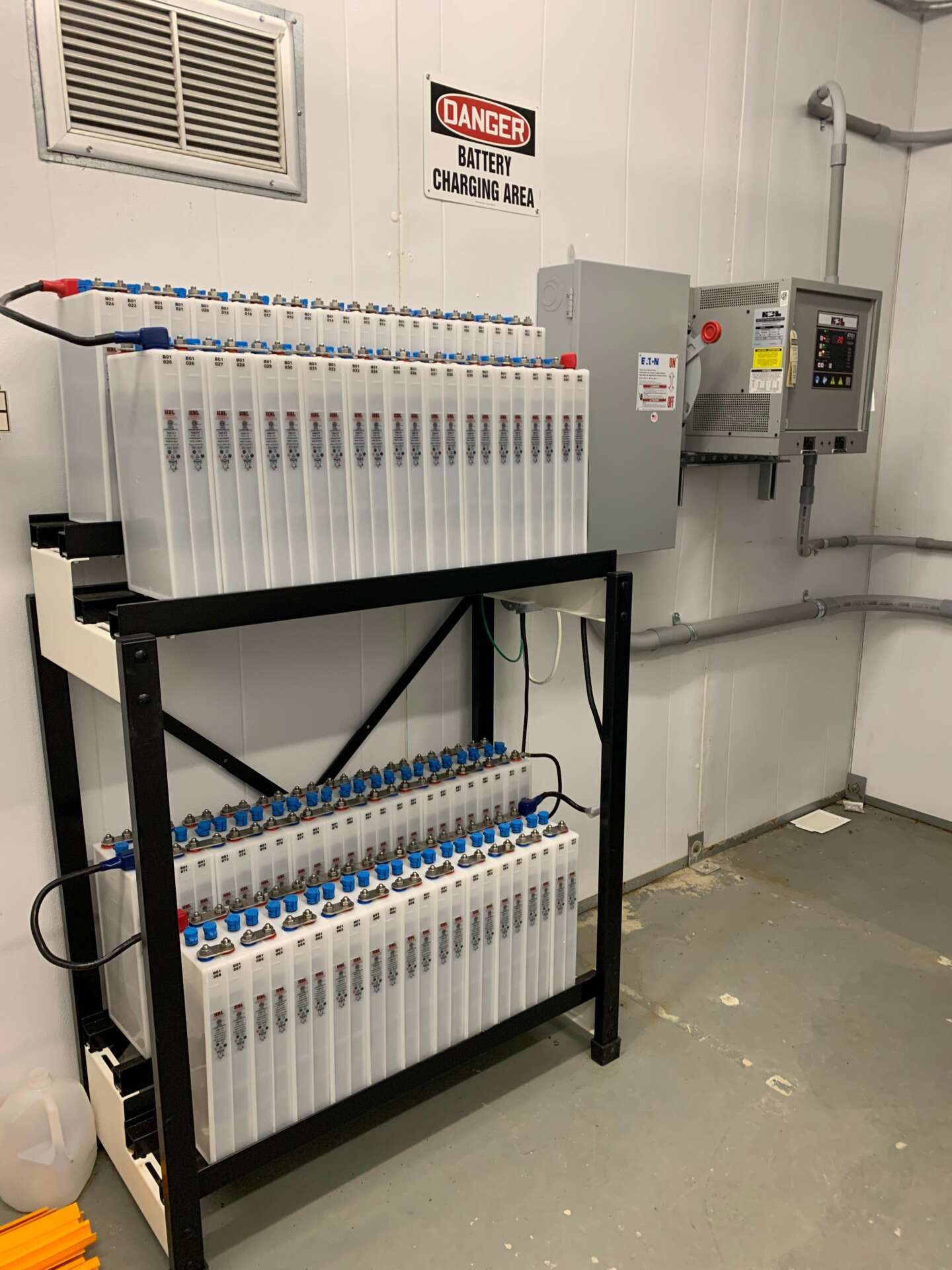
Can you tell us about a time you’ve had to pivot?
I had a huge pivot in my life in 2017. My business was going strong and life was going good, or so I thought. I would typically travel to see customers during the day while my 14 year old son was at school. If I had to leave early, I would get a family member or friend to get him to school and if I would be late they would pick him up from school. On February 9th, 2017 I had flown to Houston for a meeting and my flight wouldn’t get back until 7:50 pm, so I had my mom pick my son up from school. I spoke with him on the phone, had him some dinner delivered to the house, and thought all was well. When I arrived home right before 9 pm I found that my 14 year old son had committed suicide. This had happened between me speaking with him on the phone at 6:15pm and 9pm. None of the neighbors heard anything.
This threw my entire life into a tailspin. I couldn’t set foot into my house, I withdrew completely, I was in grief mode. I rented an apartment 400 miles away from my home and refused to ever step foot in it again. I don’t share this story for sympathy, but I share it because life doesn’t stop. My business didn’t stop. My customers still expected their jobs to be completed and I had to continue to show up to work even though I was in the greatest pain of my entire life. I was able to do it. I would see that the jobs got done, then I would head straight to therapy. I was going to therapy 7 days a week for months. But I was determined not to let my business fail and I was determined not to lose sight of what my whole world encompassed.
Although the grief never ends, I still have customers mention my son to me, and it always makes my momma heart grow knowing that he’s not forgotten.
How did you put together the initial capital you needed to start your business?
I went to 10 banks, and none of them would give me a loan. I had a high credit score, well paying job, but none of them would take a risk on me. So I found a bank in small town in central Texas, called the banker and basically begged. I had paid off my car and asked if I could use my car as collateral. I had a 2013 BMW (this was in 2015) so it was worth way more than I was asking for. So he took the chance and decided he would give me the loan using the car. I was given a 24 month loan for $20,000 at 10% interest, with the car as the collateral. I took them the title and signed the documents. All I needed was to be able to make payroll/taxes and pay my liability and workers insurance for one month in order to get started. This gave me the funds to be able to do that. I was able to make the payroll/taxes, pay my insurance, and get the jobs done for that month. I made two payments on the loan and paid it in full by month 3.
Contact Info:
- Website: www.abshierenergyllc.com
- Instagram: abshierenergy
- Facebook: www.facebook.com/abshierenergy
- Linkedin: https://www.linkedin.com/in/susan-a-7478436/
Image Credits
Susan Abshier-Abshier Energy


